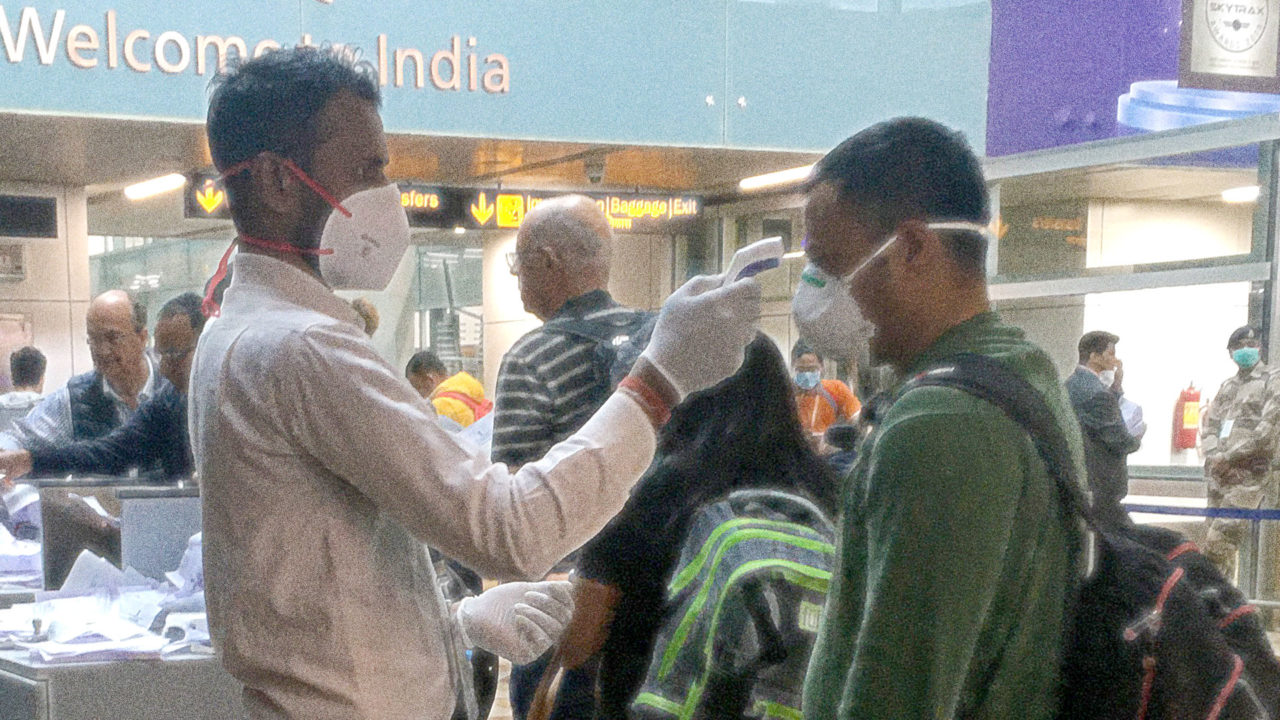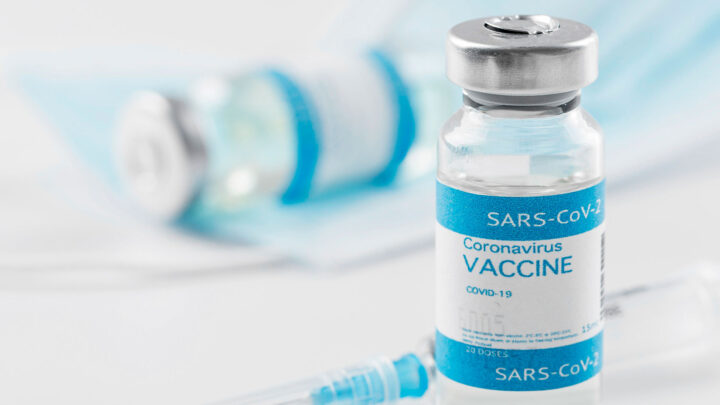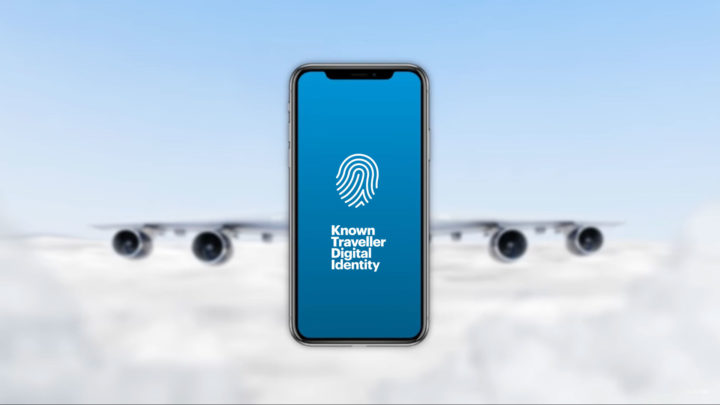Traveling around the world can be a wonderful experience, and more often than not, a humbling one as well. Never does this become clearer than when your travel plans change because of a health crisis such as the recent worldwide COVID-19 coronavirus outbreak.
How does this affect your future travel plans? What happens if you are caught in a foreign country affected by COVID-19? Which measures can you take to protect yourself and those closest to you? We answer some common questions regarding the disease.
What is COVID-19 or novel coronavirus?
The term COVID-19 (coronavirus disease 2019) or novel coronavirus refers to a highly contagious mutation of a strain within the coronavirus family. This grouping includes viruses more commonly associated with respiratory conditions like colds and the flu, but also more severe illnesses such as bird flu (SARS) and camel flu (MERS).
Why is novel coronavirus dangerous?
COVID-19 can spread from an infected person to someone healthy through small droplets from the nose or mouth after a person coughs or exhales. This makes the virus highly contagious. Over 90 percent of people who have been infected have experienced only mild cold-like symptoms. However, others have suffered severe fever and difficulty breathing, which has put their life at risk.
The World Health Organization officially declared the current COVID-19 outbreak a pandemic due to the growing number of affected regions, as well as reported deaths, related to the disease.
Which areas of the world are affected?
By now most countries have reported cases of COVID-19 infections. The most affected regions are China, South Korea, Italy and Iran. Spain, France and Germany have also confirmed thousands of novel coronavirus cases. The city of Wuhan in China is considered ground zero for the recent outbreak.
What steps are countries taking against the COVID-19 pandemic?
International governments have taken strong measures to slow down the spread of the virus. These include isolating all citizens confirmed to carry the virus, enforcing hand sanitizer use, screening for symptoms at all ports of entry, cancelling all public events for more than 40 people, prohibiting travel to and from known viral hotspots and imposing two-week quarantines for all citizens that have visited high risk areas.
What can I do to protect myself?
A viable vaccine to prevent against COVID-19 infection has yet to be produced as of this writing, although nations are rushing development on possible working ones. Your best bet is to continually wash your hands and use alcohol-based hand sanitizer as needed.
Also maintain your immune system healthy with a balanced diet and vitamin C from natural sources. You should avoid self-medication altogether, especially the use of antibiotics since these only attack bacteria.
Even if you remain healthy, avoid going out for the time being unless absolutely necessary. Steer clear of high-traffic areas and large gatherings of people. Stock up on food and supplies for at least two weeks, in case safety measures are increased where you live. Be prepared for long lines.
The use of surgical masks while in public has become common. However, the World Health Organization indicates that masks will not protect you from contracting the disease. Masks only help people already infected to avoid spreading the virus further. Masks should be disposed of after one use. Only wear masks if you test positive for COVID-19, if you show symptoms such as coughing and sneezing, or if you are taking care of someone who may be infected. Otherwise, refrain from stocking up on masks, which limits availability to people who really need them.
If you or someone you know show possible symptoms, report to local medical authorities for confirmation and treatment.
What about my upcoming travel plans?
As mentioned above, many governments have prohibited travel to and from known high-risk countries. The United States cancelled all incoming flights from Europe for 30 days starting March 13. Other countries such as Argentina have imposed mandatory two-week home quarantine for residents returning from affected countries, which in their case also includes the U.S.
In case you were planning on traveling abroad before the second half of April, you will most likely have to postpone or cancel them. Luckily, many airlines and travel services are offering penalty-free date changes for existing travel reservations under these circumstances. Contact your travel agency, transportation provider and/or hotel directly for more information.
What if I was traveling during the novel coronavirus outbreak and now, I’m stranded abroad?
If you are able to cut your trip short, we recommend you travel back home as soon as possible. Most likely you will have to endure airport screenings and testing. If you traveled somewhere suddenly declared a high-risk area and are unable to get home, contact your country’s local Consulate to help you arrange safe passage back.
As lovers of tourism and travel, we understand this is a difficult time for many of us. One important thing to keep in mind is that a pandemic is not an inconvenience, but rather a health and safety priority. It’s not about us, but about the wellbeing of everyone. Soon we will all be able to trek through the world and explore its wonders. For now, stay safe.




